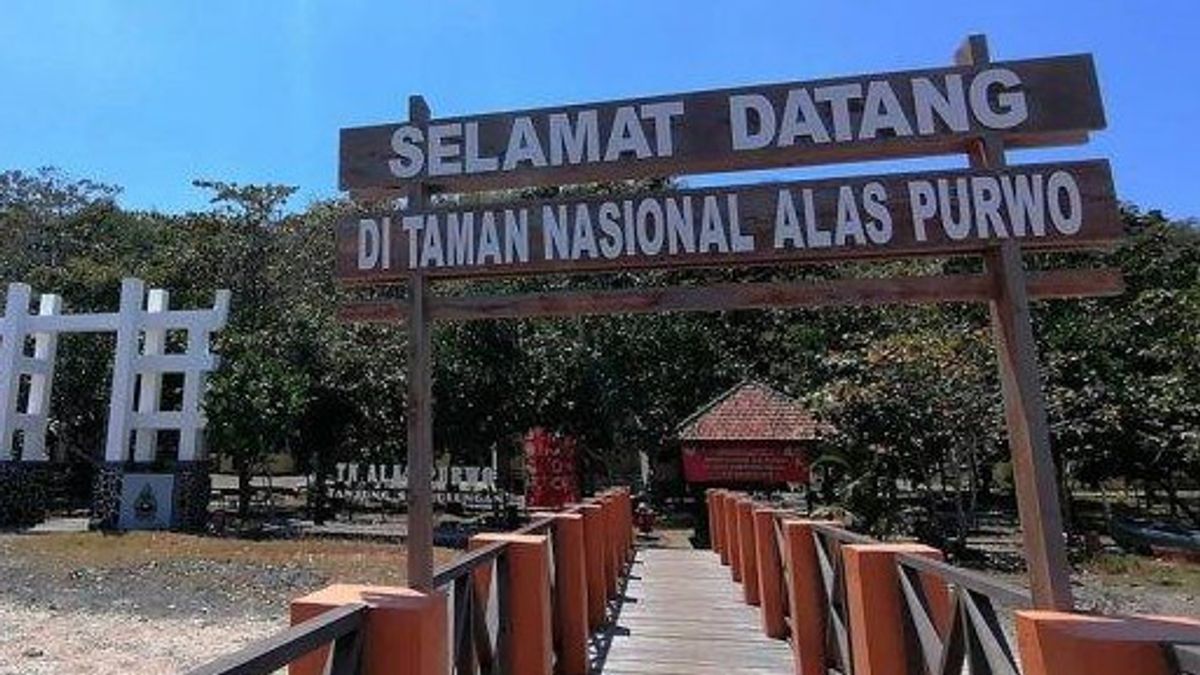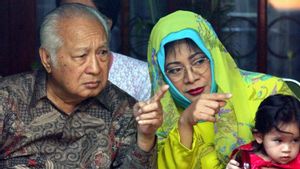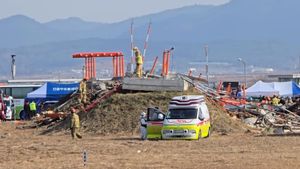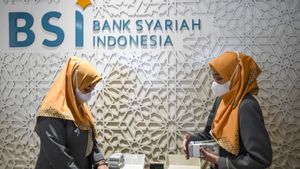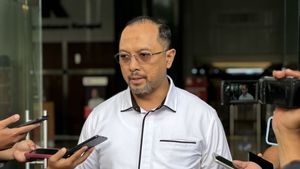JAKARTA History today, 31 years ago, February 26, 1992, Minister of Forestry (Menhut), Hasjrul Harahap designated the Alas Purwo Forest as a National Park. The determination was made because Alas Purwo had various functions. From ecological protection to the scientific space.
Previously, the potential of Alas Purwo had been seen long ago by the Dutch colonialists. They then made Alas Purwo a Wildlife Reserve area. A place to maintain the survival of flora and fauna.
The Alas Purwo Forest was once considered an inseparable part of the Blambangan Kingdom, Banyuwangi. Alas Purwo is believed to be the life place for the Blambangan people. It is said that the forest was abandoned when war came.
The condition of war made the Alas Purwo Forest no longer affected by human hands. This silence made the next generation during the Dutch colonial period considered Alas Purwo angker. His character was also told through a mystery story that was told from generation to generation.
Later, Dutch researchers tried to break the chain of myth of Alas Purwo angker. Rimbawan, JS Ham, for example. Instead of finding Alas Purwo angker, he considered the forest a paradise for flora and fauna.
He even predicts that the natural potential of Alas purwa can be used for many things. Mainly, for economic activities. The forest will be replaced with a farm or factory owned by a wealthy merchant.
As for Europeans like the Dutch, the forest is considered a figment. In 1908, a junglewan of JS Ham argued that the winding forest in Alas Purwo was just a myth. He thought the forests would disappear.
"Moreover, the Netherlands once damaged and cut down the winding forest in Java. In 1675, for example, it was found that the rest of the illegal logging in Jepara was found by the VOC, and in the early 19th century, the Netherlands began planting coffee in the jack forest," said Pungky Widiaryanto in the book Indonesian National Park: Permata Heritage Nation (2021).
The colonial government began to look at Alas Purwo. However, it is not for economic activities. The owner of the power to look at Alas Purwo like a flora and fauna paradise. This is because there are more than 50 animals living in Alas Purwo. The Dutch believe that Alas Purwo can be transformed into a useful living laboratory.
Alas Purwo was also used by the Dutch as the Wildlife Reserve area by the Governor General of the Dutch East Indies, Alidius Tjarda van Starkenborgh Stachouwer in 1939. This status lasted a very long time.
Only then, in the New Order (Orba) government, Alas Purwo changed his status. Minister of Transportation, Hasjrul Harahap saw Alas Purwo as more than just an area of the Wildlife Reserve. He wanted to make Alas Purwo upgraded to the National Park class. This was confirmed by the Decree of the Minister of Forestry Number 283/Kpts-II/1992 on February 26, 1992.
Alas Purwo National Park is a natural conservation area located in Banyuwangi Regency. This area has been designated as a World Biosphere Reserve by UNESCO-PBB. In the past, the Alas Purwo area was a wildlife asylum.
The determination was based on the Decree of the Governor General of the Dutch East Indies on September 1, 1939 with an area of 62,000 ha. Then it was changed to Alas Purwo National Park in 1992 with an area of 43,420 ha through the Decree of the Minister of Forestry Number 283/Kpts-II/1992 dated February 26, 1992," explained Pandhu Yuanjaya in his writing in the Transformative Journal entitled Between Tourism and Ecology: Ecotourism Development in Alas Purwo National Park (2020).
The English, Chinese, Japanese, Arabic, and French versions are automatically generated by the AI. So there may still be inaccuracies in translating, please always see Indonesian as our main language. (system supported by DigitalSiber.id)
